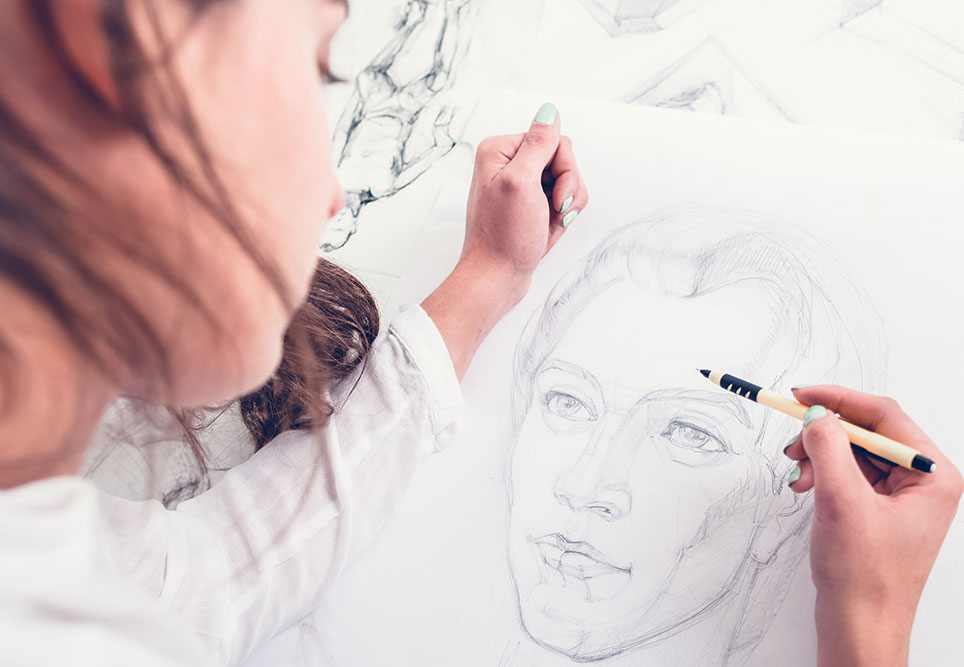

Adobe Stock/golubovy
We develop our sense of self with the help of cultural education. Through this we can express ourselves and at the same time think outside the box and classify the world we live in. Cultural education therefore means both engaging productively and creatively with art and actively consuming culture. To achieve this, cultural education combines different levels and processes – cognitive, emotional and creative. It is an important component of general education and lifelong learning. After all, everyone is particularly good at something and has the right to be heard.
Thematically, arts education faces the challenge of dealing with new social issues and problems. From (post-)digital art to informal self-learning processes on the Internet – evidence-based reappraisal and debate is important. This also raises the question as to what role cultural education plays and can play in rural areas. What should cultural education look like in the future and how can the transfer of research results into practice be achieved?
In order to find answers to these questions, the Federal Ministry of Education and Research has been funding cultural education in Germany for many years through competitions, model projects and research projects. Since 2012, the BMBF has restructured and expanded these activities in its funding directives. At present, funding for cultural education is divided into three main research priorities: research into digital transformation in cultural education, cultural education in rural areas and knowledge transfer in cultural education.
The funding directives in the area of cultural education:
Digitalisation in cultural education
Cultural education in rural areas
Knowledge transfer in cultural education